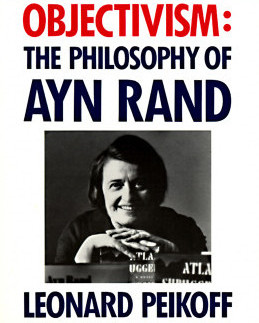An excerpt from chapter 1 on Reality from Objectivism: The Philosophy of Ayn Rand by Leonard Peikoff.
So far we have been concerned, as adults, to identify the foundations of human cognition. In this context, the three axioms we have discussed are inescapable primaries: no conceptual knowledge can be gained apart from these principles. Chronologically, however, the three axioms are not learned by the developing child simultaneously. “Existence,” Miss Rand suggests, is implicit from the start; it is given in the first sensation. To grasp “identity” and (later) “consciousness,” however, even in implicit form, the child must attain across a period of months a certain perspective on his mental contents. He must perform, in stages, various processes of differentiation and integration that are not given in the simple act of opening his eyes.
Before a child can distinguish this object from that one, and thus reach the implicit concept of “identity,” he must first come to perceive that objects exist. This requires that he move beyond the chaos of disparate, fleeting sensations with which his conscious life begins; it requires that he integrate his sensations into the percepts of things or objects. (Such integration is discussed in chapter 2.) At this point, the child has reached, in implicit form, the concept of “entity.”
The concept of “entity” is…
Read the rest in Objectivism: The Philosophy of Ayn Rand.
